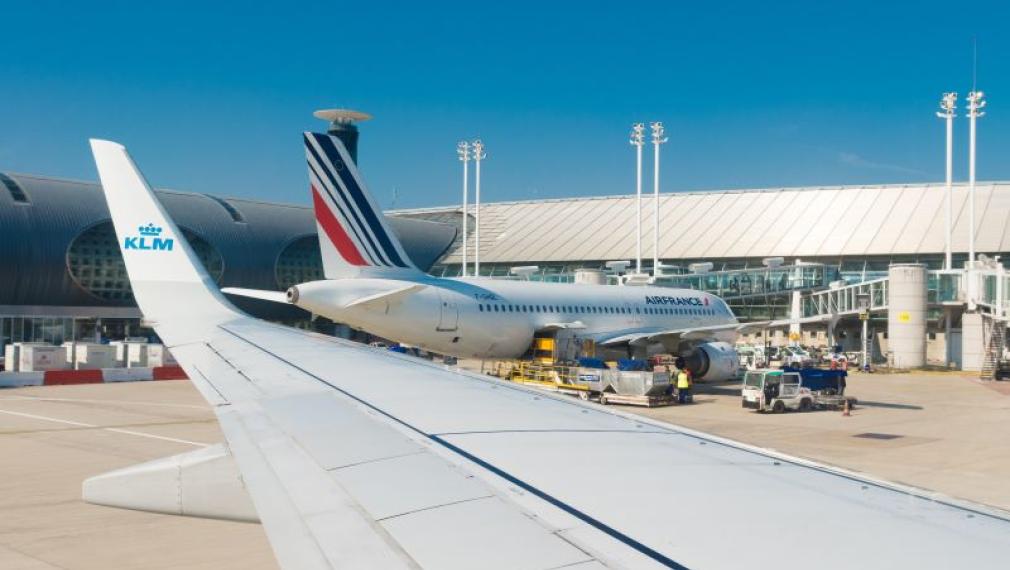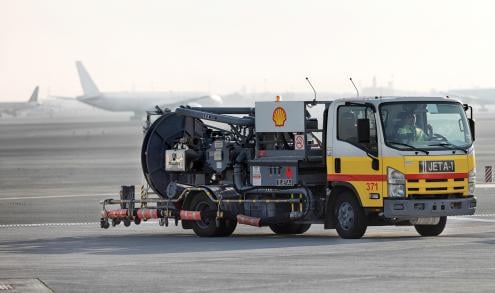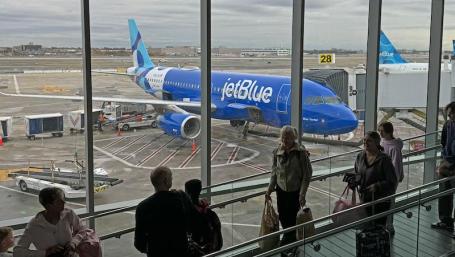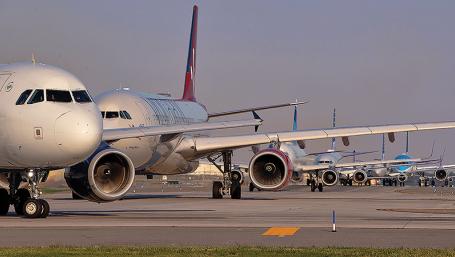Sustainable Aviation Fuel
With governments and airlines committed to decarbonizing aviation by 2050, innovative solutions are required and sustainable aviation fuels (SAF) could play a major role in meeting targets. IATA estimates that SAF could contribute around 65% of the reduction in emissions needed by aviation to reach net-zero in 2050. This will, however, require a massive increase in production in order to meet demand.
Latest News On Sustainable Aviation Fuels
Mar 14, 2025
JetBlue Airways will begin using SAF for flights from its New York JFK base, marking the first time sustainable fuel will be regularly used at the airport.
Mar 11, 2025
Less than four years after boldly pledging to reach net zero emissions by 2050, IATA appears to be dropping the target. Is the airline industry abandoning sustainability or just acknowledging reality?
Mar 10, 2025
Japan has completed the construction of its first large-scale sustainable aviation fuel facility, which is set to produce 79 million gal. by 2030.
Mar 06, 2025
Net zero—out of reach by the middle of the century ... or is it?
Mar 06, 2025
The association questions whether airlines can achieve net-zero emissions by 2050, receiving applause from the industry and criticism from environmental groups
Mar 05, 2025
Ronald Lam became Cathay Group CEO in January 2023. He is also chair of Cathay’s LCC, HK Express Airways, and director at John Swire & Sons.
Mar 03, 2025
The airline industry will have to review its target of reaching net zero emissions by 2050, IATA Director General Willie Walsh said.
Feb 28, 2025
Business jet operators to Europe and the UK face increased costs and requirements.









